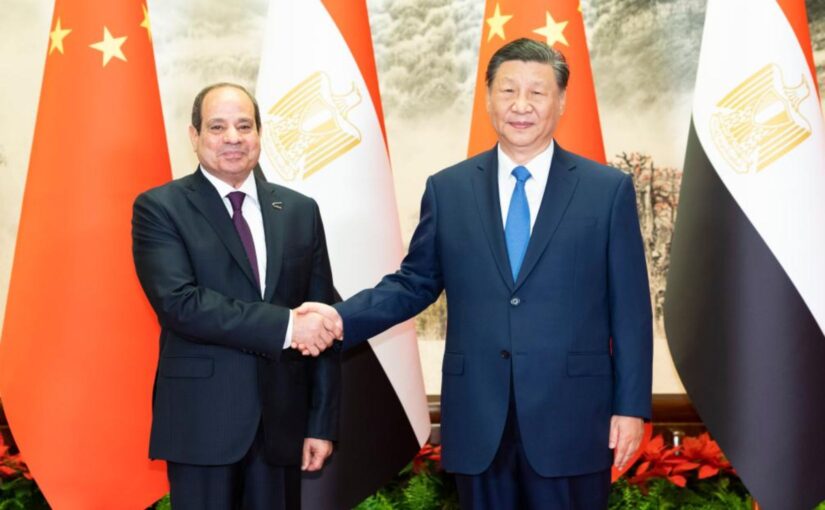In the following article, originally published in the Morning Star, Roger McKenzie contrasts the economic priorities of the US with those of China.
Reporting from Washington DC and New York City, and reflecting on the recent Friends of Socialist China delegation to China, he compares the level of investment in infrastructure in the two countries. A train journey between DC and NYC “revealed a picture of severe urban decay in supposedly the world’s most important and richest nation” – a reflection of the fact that, in the US, “the government, of any colour, prefers to spend immense amounts of money on the military as opposed to the people.”
The article continues:
The US is visibly decaying economically as well as politically, while China is clearly stable, able to act on behalf of the people and on the way up. The transport infrastructure, road, rail and airport systems in China have undergone a massive upgrades in length and quality over the last decade. This is a sentence you simply can’t apply to the US.
In the five cities I visited during my 10-day visit to China I never saw a single homeless person and felt entirely safe to walk the streets and speak with anyone I wanted. Nobody stopped me from doing any of those things. I never felt the same level of safety in DC — or New York for that matter.
Roger notes that the US could learn a great deal from China. If it were willing to adapt to a multipolar reality and give up on its dream of a New American Century, it could prioritise the needs of its people over those of the military-industrial complex. However, he warns that the current trajectory is towards leveraging the US’s military power to maintain its global dominance, even as its economic power wanes. “The temptation will be for the empire to strike back as its power crumbles. Unfortunately it is something I think we are already seeing in Ukraine and in its attempts to stoke up tensions in the breakaway Chinese province of Taiwan.”
The challenge for the left is therefore to build a powerful mass movement that combines the struggle for socialism at home with the struggle against imperialism and war.
Roger will be among the speakers at the upcoming webinar China proves that a new world is possible! on 16 June.
EMPIRES always end. All of them. The only question is about the nature of that end. We can see this before our eyes as the United States empire reaches its inevitable end, internationally and domestically.
We can see it happening in front of our eyes if we choose to look. One of the advantages of travelling by train instead of flying is you get to see much more of the reality of a country.
The Acela Express train ride of 230 miles or so for three hours from New York City to the US capital, Washington DC, was depressing in so many ways.
The train itself was better and more comfortable than many I have travelled on in Britain, but the journey revealed a picture of severe urban decay in supposedly the world’s most important and richest nation.
You could see the wealth on the skyline represented by the skyscraper office blocks of the major cities we passed through — Philadelpia and Baltimore — but much of the rest was a picture of severe urban decay.
The industrial base of the country has been gutted. It reminded me of the train journey through the once thriving Black Country in Britain. Once a hive of industrial activity, now hollowed out with miles of left-to-rot former factories.
In the US the choice has clearly been made that the government, of any colour, prefers to spend immense amounts of money on the military as opposed to the people.
I can’t believe that the minority of the US population that actually bother to come out and vote don’t understand this. It’s no secret that the US spends by far the largest amount on the military of any country on Earth.
The US spends more on the military than China, Russia, India, Saudi Arabia, Britain, Germany, France and South Korea combined.
Between them China and Russia account for only around 13 per cent of the world’s military spend. Not the vast amounts the corporate media would have you believe.
But while content to project its power abroad, the US is crumbling. One visit to the vast and imposing US embassy in London will show you just how much the US is intent on projecting its power. To the US size really does matter.
Continue reading Contrasting the US’s severe urban decay with China’s extraordinary infrastructure development

